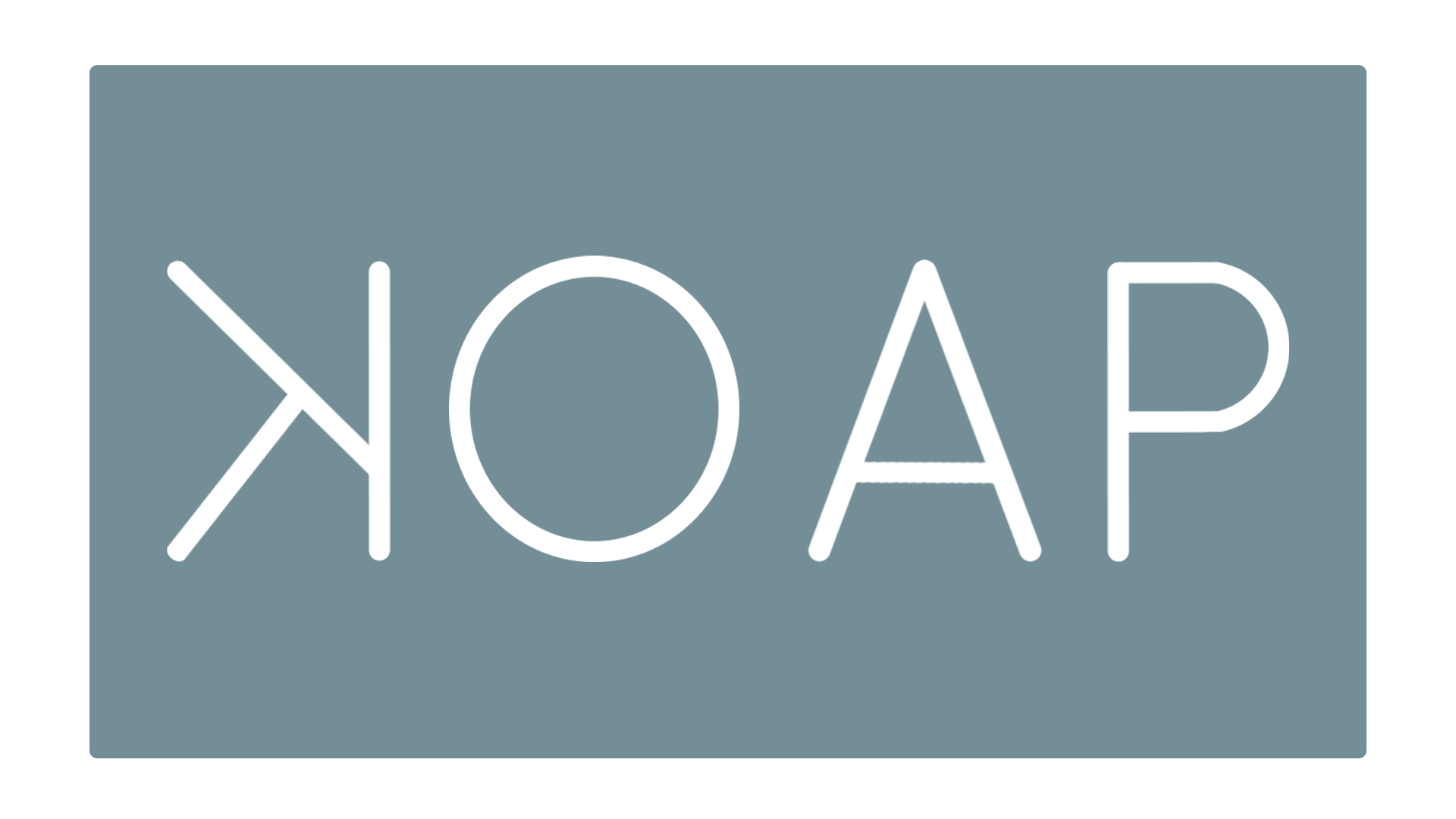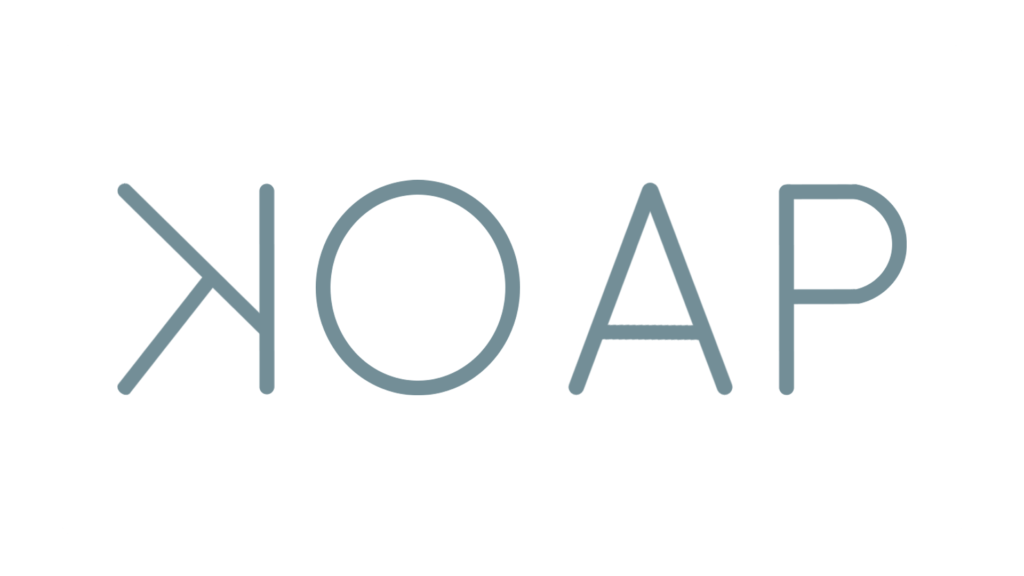Just finished a two day “creative thinking session” with a mixed nationality group from an automotive company with offices in Germany, and a number of things made me think during this session. Firstly, how easily these days’ international delegates mix, even with a range of language skills from Czechoslovakian to Italian, German and English in the room, understanding was never a problem and as always the default business language was English. This made me think of just how lazy we are as a nation. It always amazes me how other nationalities flit from one language to another, translating in their heads at an incredible speed. Whilst my English colleagues and I sit there bumbling along with our own language expecting them to understand, and sometimes struggling to understand each other.
The second thing was, and this was raised by one of the delegates, what we teach is not “rocket science”. This stopped me in my tracks whilst I thought about the intended meaning of this statement. The truth was the comment was made in a self-deprecating way by the delegate, his meaning was “…why don’t I do this anyway…. Its simple”. And I must admit it is easy, the delegates we get in the room are some of the brightest the company can send, smart quick and normally on a career path. So why do they have to come to spend two days with me to understand something they already know. The answer is also simple, and not rocket science. They come because during the day they don’t have the time to think. As Shawn Achor says, “we institutionalise the idea that if we work harder we will achieve, once we achieve we will be happy..” and this underpins most people’s approach to work. The problem with this is the harder we work the more we focus on the tactical here and now and don’t raise our heads to think about the future or if we are actually working on what is important or truly effective. The result is we take short cuts, patterned behaviour of problem solving by reacting to what we see or hear, rather than taking the time to stop, evaluate understand the real problem and act according to the data we have, and the intended outcome we need. So when people come to the classroom and we spend a whole day understanding how their brain reacts to problems, and then get them to analyse a specific problem that they have in a way that is methodical and disciplined. They invariably have an “ah ha” moment and the phrase “… the problem I thought I have is completely different to the problem I need to work on…” is repeated time and again. The world we live in is forcing people to react faster and faster to challenges that sometimes just aren’t there, resulting in time and effort being wasted chasing ghosts and finding solutions to problems that never existed and certainly won’t be implemented.
This challenge is not specific to the automotive industry, having worked across the energy, pharmaceutical, manufacturing and medical industries the message is consistent. Our leaders are reacting more and more to what they believe rather than acting slowly and calculatedly on what they know and understand and can measure.
The final insight from this group reinforced my belief that people are people are people, and it doesn’t matter what nationality you are or what part of the world you are operating in, the challenge of managing people is the same. See through the ritual of culture and dig into the human psyche and motivation is an intrinsic driver, and not as my delegates wanted to believe an extrinsic carrot. When looking at their problems, seventy percent of them related to managing their workforce better to improve efficiencies or increase productivity. Their knee jerk reaction was to increase pay, bonuses and incentives, but quickly changed to working environment, team spirit and competition. At the heart of the conversation Shawn Achor’s approach raised its head again with his comments about happiness, he says “ we have moved happiness over the cognitive horizon by focusing on the external world we live in. Every time we achieve something our brains move the goal post. If you get a good job, you want a better job. You get good grades you have to get better grades. You hit your sales targets we raise your sales targets. And if happiness is on the other side of success your brain never gets there. We need to reverse the formula for happiness, if we can be happy in the present then our brains perform better and our performance increases. Your brain on happy performs 37% better than your brain on neutral or stressed…” so for increased performance or productivity first get yourself and your team to be happy. Then you can focus more, deal with more pressure and as a by-product increase efficiency and performance.
Well tomorrow is another day, another class and more insights I hope.


